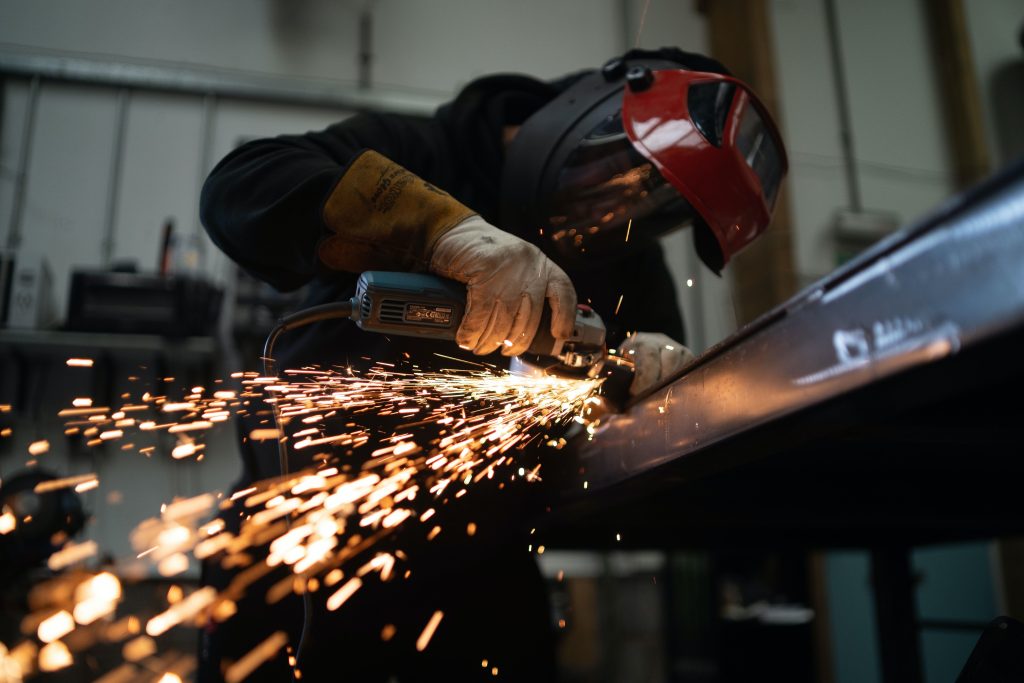Market Data

March 3, 2025
ISM: Manufacturing expansion slowed in February
Written by Stephanie Ritenbaugh
The manufacturing sector expanded slightly for the second month in a row in February after 26 consecutive months of contraction, according to supply executives contributing to the latest Manufacturing ISM Report On Business.
The Manufacturing PMI registered 50.3% in February. That’s 0.6 percentage points lower compared to the 50.9% recorded in January.
An index reading above 50% indicates the manufacturing sector is growing, while a reading below that means it is contracting.
The overall economy showed gains. The index revealed an expansion for the 58th month after one month of contraction in April 2020. The report noted that a manufacturing PMI above 42.3%, over a period of time, generally indicates growth.
However, many respondents said uncertainty surrounding tariffs is casting a shadow over operations.
“US manufacturing activity expanded marginally for the second month in a row in February after 26 consecutive months of contraction,” ISM Chair Timothy R. Fiore said. “Demand weakened, while output stabilized and inputs, for the first time in several months, contributed to PMI growth.”
Fiore noted factory output marginally expanded compared to January, “indicating that panelists’ companies are being cautious about ramping up output in the face of economic headwinds.”
The Employment Index shrank as companies let go of workers. “More companies cited ‘attriting down’ as the best process, with destaffing not as urgent as it was in the second half of 2024,” Fiore added.
“Prices growth accelerated due to tariffs, causing new order placement backlogs, supplier delivery stoppages and manufacturing inventory impacts,” Fiore said in the report.
Spot commodity prices have already risen about 20% ahead of tariffs going into effect, Fiore pointed out.
Here are some comments from executives who contributed to the report, with their industry listed:
“Customers are pausing on new orders as a result of uncertainty regarding tariffs. There is no clear direction from the administration on how they will be implemented, so it’s harder to project how they will affect business.” [transportation equipment]
“Tariff impact has been minimal to overall manufacturing and raw material supply. Limits on US government spending in key organizations like the Food and Drug Administration, Environmental Protection Agency, and National Institutes of Health are delaying some orders.” [computer & electronic products]
“The incoming tariffs are causing our products to increase in price. Sweeping price increases are incoming from suppliers. Most are noting increases in labor costs. Vendors are indicating open capacity. Inflationary pressures are a concern. Our company is working diligently to see how the new tariffs will affect our business.” [machinery]
“Business is still slow, but some indications of improved demand are six to nine months out. Steel and scrap costs are increasing, and it’s too early to tell how high they will go.” [fabricated metal products]
“New orders continue to be strong after picking up in December. The uncertainty about tariffs keeps us cautious on spending, despite the strong sales right now.” [electrical equipment, appliances & components]
“Customer volumes seem to be better than 2024. However, customers are still very hesitant to commit to long-term volumes due to the market uncertainty caused by proposed tariffs on steel/aluminum imports.” [primary metals]







